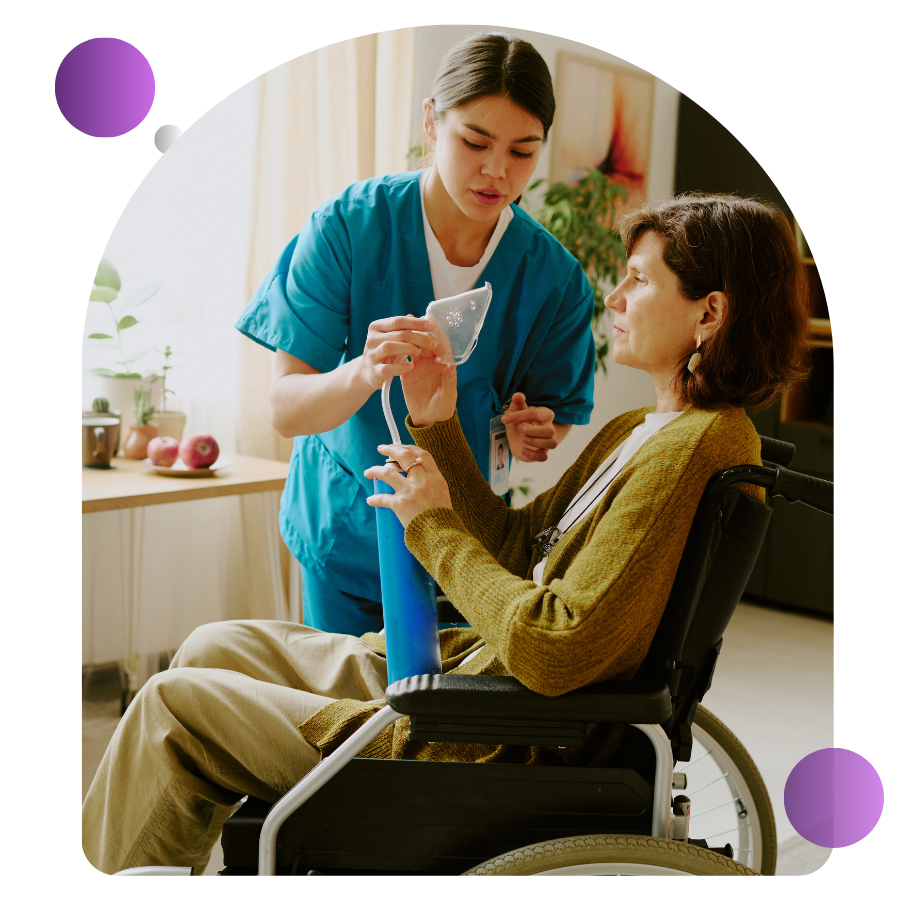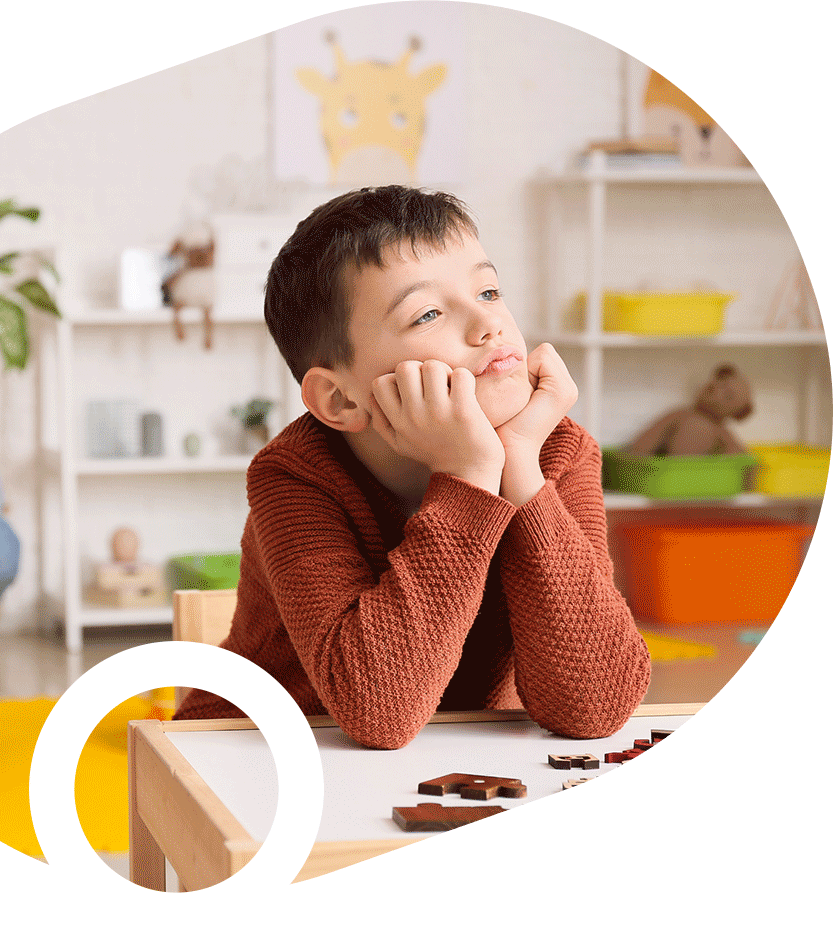

Balance, Mobility, and Daily Living Skills: Building Independence
Balance, Mobility, and Daily Living Skills: Building Independence
What Are Balance, Mobility, and Daily Living Skills?
Balance and mobility involve the ability to move safely and efficiently, including walking, standing, and navigating obstacles.
Daily living skills (ADLs) include everyday tasks like dressing, eating, bathing, and personal care.
Challenges in these areas can impact independence, confidence, and quality of life — for children, adults, and seniors alike.

Common Challenges
- Balance and Mobility Issues: Frequent falls, poor posture, difficulty climbing stairs, trouble with uneven surfaces.
- Daily Living Skills Delays: Needing help with feeding, dressing, hygiene, or managing tasks like organizing belongings.
How Therapy Helps
- Physical therapy improves strength, balance, gait (walking patterns), and body awareness.
- Occupational therapy teaches practical techniques for self-care, organization, and safe daily task performance.
- Therapists may also recommend assistive devices like walkers, adapted utensils, or home modifications for safety.
Steady Steps: Supporting Balance, Mobility & Independence

What Research Says
- Targeted therapy improves walking and balance:
Physical therapy interventions significantly enhance walking ability and reduce fall risks in individuals with mobility challenges (Sherrington et al., 2019). - Task-based training boosts independence:
Teaching daily living skills step-by-step leads to greater independence and confidence, especially when started early (Case-Smith et al., 2014). - Active movement benefits cognitive development:
Regular physical activity improves not just motor skills but also attention, memory, and executive function (Best, 2010).
FAQs: Helping Kids Gain Balance, Mobility & Life Skills
If a child isn't walking by 18 months, an adult has frequent unexplained falls, or anyone struggles with stairs or uneven ground, it’s time for evaluation.
Occupational therapists teach strategies to break down complex tasks, modify activities, and build the skills needed for everyday independence.
Not always — with therapy and practice, many individuals make excellent progress in walking, standing, and self-care activities.
Extremely important! Physical play develops balance, strength, coordination, and confidence across all ages.
